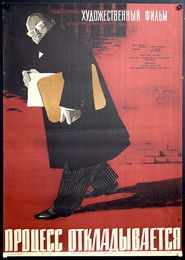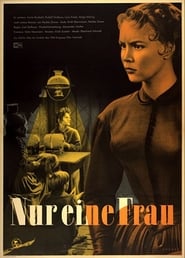detail profile oswald foerderer
Peran Yang Di Mainkan Oswald Foerderer
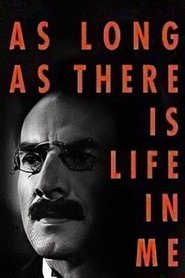 This is part one of a...
This is part one of a...As Long as There’s Life in Me 1965
This is part one of a two-part biopic about Karl Liebknecht. In 1914, Germany is arming itself for war. Karl Liebknecht, left-wing revolutionary Social Democrat, workers’ leader and a virulent antimilitarist, is one among 110 SPD members of Parliament who vote against approving war loans. From then on, he is considered un-German and a traitor to the fatherland, and his own party’s leadership turns against him. Despite threats, Liebknecht speaks up against the war and writes the manifesto “The Main Enemy Is at Home.” Even when he is arrested and charged with treason, he does not surrender.
 On a pasture in a small...
On a pasture in a small...Das hölzerne Kälbchen 1961
On a pasture in a small village stand the cows and calves of the herder Bürle. Since many years, there is also a wooden calve standing among them. One day, all calves are stolen, even the wooden one. Although they are innocent, all poor villagers are brought to trial. Thereupon, the farmers join forces and discover who really is responsible for the theft.
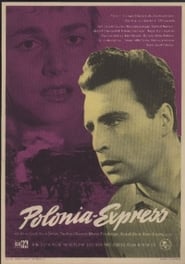 Railway employee Fritz Marr is not...
Railway employee Fritz Marr is not...Polonia-Express 1957
Railway employee Fritz Marr is not regarded well by his superiors. It is the year 1920, and trains regularly pass the railway hub of Erfurt to the East to secretly transport weapons for the fight against the young Soviet Union. Marr knows about this and wants to mobilise other workers to stop these illegal deliveries. To muzzle him, Marr is relocated to a remote rail work construction site.
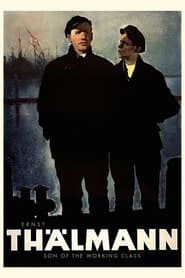 This film is the first of...
This film is the first of...Ernst Thälmann – Son of the Working Class 1954
This film is the first of a two-part historical and biographical portrait of the communist politician and anti-fascist Ernst Thälmann. In early November 1918, Ernst Thälmann is an unwilling soldier serving on the western front. As the revolutionary movement at home is threatened by the betrayal of the Social Democrats and fissures in the working class, Thälmann calls on his fellow soldiers to put down their weapons and unite with the workers in the communist struggle at home. Thälmann’s qualms about which side he is fighting on continue, but when the local police attempt to prevent a shipment of provisions and supplies from reaching the people in Petrograd, he intervenes and the ship is unloaded. With this moment of clarity, Thälmann continues to follow his political convictions and joins the workers at the Hamburg uprising in October 1923.

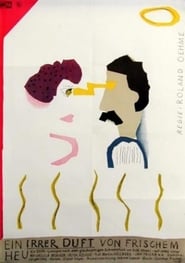
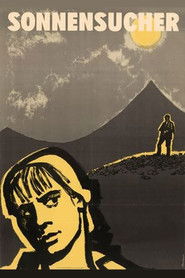 A socialist story of atoms for...
A socialist story of atoms for...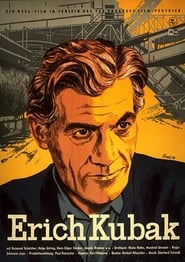 Film by Johannes Arpe
Film by Johannes Arpe